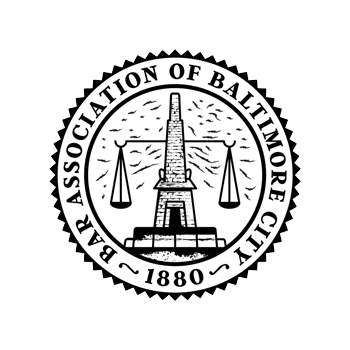- Home
- About Us
- Our Team
- Practice Areas
- Personal Injury
- Sexual Abuse
- Wills Estates
- Product Liability
- Public Sector Labor
- Civil Defense
- Dog Bites
- Business Litigation
- Criminal Defense
- Family Law
- Baby Formula NEC Lawsuits
- Defective Medical Devices
- Collective Bargaining
- Work Injuries
- Workers Compensation
- Appeals
- Nursing Home Negligence
- Medical Malpractice
- Verdicts & Settlements
- Testimonials
- Our Blog
- Contact Us

Call for your free consultation:
(410) 685-2022Call for your free consultation:
(410) 685-2022












